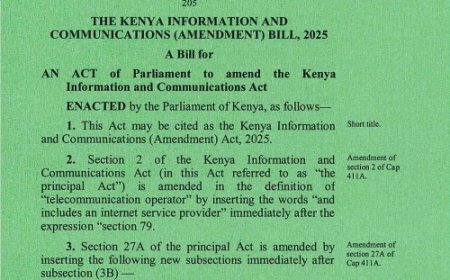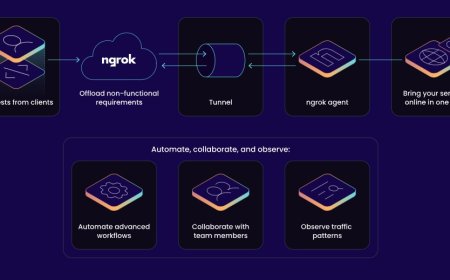Why You Should Consider Alternatives to Adobe: Intrusive Terms and Privacy Concerns
In a recent update, Adobe has introduced controversial terms and conditions that users must agree to before using their services, such as Photoshop. Section 4.2 of the new terms grants Adobe extensive rights to your content, raising significant privacy concerns. The terms allow Adobe to use, modify, and distribute your content, potentially sublicensing it to third parties. Given these intrusive terms, users are encouraged to consider alternative software options that prioritize user privacy and offer more transparent terms of service.

In a recent update, Adobe has introduced new terms and conditions that users must agree to before they can continue using their services, such as Photoshop. This change has sparked controversy due to its potential impact on user privacy. Before you click "Agree" on that pop-up, it's crucial to understand what you're consenting to.
The Controversial Section 4.2: What It Means for Your Content
One of the most concerning parts of Adobe's updated terms is Section 4.2, which states:
"Solely for the purposes of operating or improving the Services and Software, you grant us a non-exclusive, worldwide, royalty-free sublicensable, license, to use, reproduce, publicly display, distribute, modify, create derivative works based on, publicly perform, and translate the Content. For example, we may sublicense our right to the Content to our service providers or to other users to allow the Services and Software to operate as intended, such as enabling you to share photos with others."
While Adobe's blog post assures users that their content won't be used to train Firefly, it conspicuously omits any discussion of their other products. This silence leaves many users worried about how their content might be utilized across Adobe's various platforms.
Key Privacy Concerns
-
Broad Licensing Terms: The terms grant Adobe extensive rights to your content, including the ability to modify, distribute, and create derivative works. This broad scope raises questions about how your content could be used without your explicit consent.
-
Sublicensing: Adobe can sublicense your content to service providers or other users, potentially exposing your work to third parties without your direct knowledge or control.
-
Lack of Transparency: The absence of clear information about how your content will be used across Adobe's products leaves a gap in understanding and trust.
For more details, you can read Adobe's full terms and conditions here.
Considering Alternatives
Given these intrusive terms, it's worth exploring other software options that prioritize user privacy and offer more transparent terms of service. Here are a few alternatives to Adobe's suite of products:
-
Affinity Photo and Designer: These are powerful, one-time purchase tools that offer robust features without the recurring subscription fees and invasive terms.
-
GIMP: An open-source image editor that provides a wide range of features comparable to Photoshop, without the privacy concerns.
-
CorelDRAW: Another comprehensive design suite that respects user privacy and offers flexible licensing options.
-
Sketch: Popular among UI/UX designers, Sketch offers a user-friendly interface and strong privacy protections.
Adobe's new terms and conditions pose significant privacy risks that users should not overlook. By exploring alternative software options, you can continue your creative work without compromising your content's security and privacy. Always read and understand the terms of service for any software you use to ensure it aligns with your privacy expectations and professional needs.
What's Your Reaction?





















































